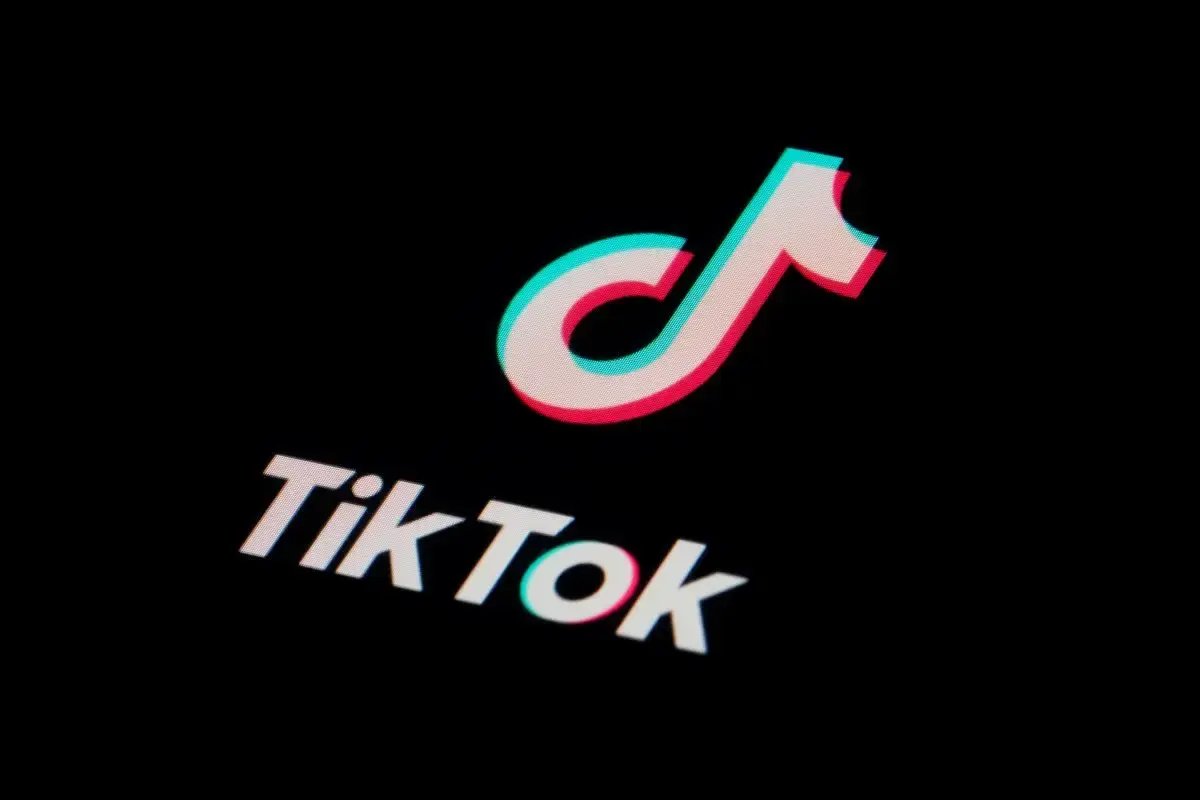TikTok is channeling the spirit of early 2000s social networking by introducing Campus Verification, a feature designed to help college students discover and connect with peers on their campus in a more structured way. This development mirrors the original concept behind Facebook, which debuted in 2004 as a platform exclusively for Harvard students to build connections, share interests, and foster a sense of community before it expanded globally. With Campus Verification, TikTok aims to evolve its app from a primarily entertainment-focused space into a tool for meaningful, real-world interactions among young adults navigating college life.
The feature enables users to integrate their college affiliation directly into their TikTok profile, creating a dedicated directory for campus-based networking. Once activated, students can explore a specialized page for their school, where they can view profiles of other verified users. Filtering options allow browsing by graduation year, making it easier to find classmates from the same cohort, while sorting capabilities highlight the most-followed individuals first, potentially spotlighting campus influencers or popular creators. This setup not only simplifies finding like-minded peers but also encourages content discovery tailored to shared academic experiences, such as dorm life, events, or study tips.
Accessing Campus Verification is user-friendly and begins right from the profile settings. Users tap the "Add school" button, input their institution's name, and select their expected graduation year. To ensure authenticity and prevent misrepresentation, verification requires submitting a valid academic email address associated with the school. Upon successful confirmation, the college name and graduation year appear prominently on the profile, serving as a badge of enrollment. This process helps maintain a trustworthy environment, reducing the risk of fake accounts infiltrating campus-specific interactions.
The rollout of this feature spans more than 6,000 universities across the United States, made possible through TikTok's collaboration with UNiDAYS, a established platform specializing in student status authentication. This partnership leverages UNiDAYS' expertise to handle verifications efficiently, ensuring broad accessibility just in time for the new academic year. As TikTok continues to grow in popularity with a 2024 Pew Research Center survey indicating that about six in ten teens engage with the app regularly this addition targets the college demographic, where users are often seeking ways to build social circles amid the transition to higher education.
At its core, Campus Verification seeks to position TikTok as a central hub for campus belonging and offline connections, much like Facebook's initial mission to link students through shared university networks, interests, and contact details. TikTok's official statement emphasizes turning the platform into "a hub for real-world connections and belonging on campus," potentially aiding everything from forming study groups to organizing events or simply finding friends with similar hobbies. For students, this could prove invaluable in combating the isolation that sometimes accompanies college, offering a fun, video-driven alternative to traditional networking.
While the feature promises enhanced community building, it also prompts discussions around digital privacy and safety. By making school affiliations and peer lists publicly browsable, it might inadvertently facilitate easier online tracking or unwanted outreach, especially in an era where data sharing is scrutinized. However, TikTok has made participation entirely optional, allowing users who value separating their social media presence from their academic identity to skip adding their school altogether. This opt-in approach provides a layer of control, though users are encouraged to review their privacy settings to manage visibility.
Notably, this isn't the first time a major platform has explored such functionality. Last year, Instagram was observed testing a comparable "School Community" feature, which would let users display their school information and graduation year on profiles to connect with fellow students. As of now, it's unclear whether Meta, Instagram's parent company, has scrapped the idea or intends to launch it in the future, leaving TikTok to lead in this nostalgic revival of campus-centric social features.
Related: How To Watch Tiktok Videos Offline
